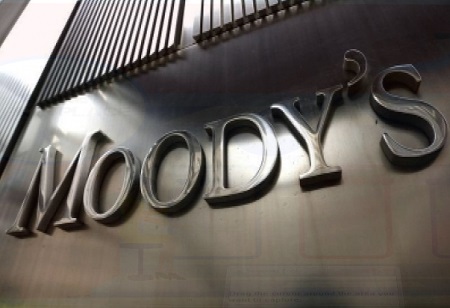Moody's upgrades Yes Bank's rating to Ba3 from B2, changes outlook to stable
By Consultants Review Team
 Moody's Investors Services has upgraded Yes Bank's long-term foreign currency issuer rating and long-term foreign and local currency bank deposit ratings to Ba3 from B2, a release said.
Moody's Investors Services has upgraded Yes Bank's long-term foreign currency issuer rating and long-term foreign and local currency bank deposit ratings to Ba3 from B2, a release said.
The bank's Baseline Credit Assessment (BCA) and Adjusted BCA has also been upgraded to b1 from b3.
The rating agency has also changed the outlook on the bank's ratings, where applicable, to stable from positive.
"The upgrade of Yes Bank's BCA and ratings reflects the bank's planned equity capital raise, which will support its credit profile and strengthen its resilience against potential asset quality risks arising from headwinds such as higher inflation and tighter global financial conditions," Moody's Investors Service said in a release.
The bank on July 29, had announced the raising of nearly Rs 8,900 crore through a mix of shares and warrants to be issued to global private equity players Carlyle Group and Advent International.
The capital raise comprises two parts -- Rs 5,100 crore ($640 million) in equity shares and Rs 3,800 crore ($475 million) through equity share warrants which can be exercised only after April 1, 2023.
"Moody's estimates that the first part of the capital raise will result in an increase of 2.2 percentage points in the bank's consolidated Common Equity Tier 1 (CET1) ratio from 11.9 per cent as of the end of June 2022, after including profit for the June quarter. The second part of the capital raise will add another 1.6 percentage points."
On the flip side, Moody's said given the stable outlook, the bank's ratings are unlikely to be upgraded over the next 12-18 months.
"Nevertheless, Moody's could upgrade the ratings and BCA if the bank establishes a credible and sustainable strategy to improve profitability, without compromising its asset quality and capital."
The global rater said it can downgrade the ratings on the lender in case there is a significant deterioration in its asset quality, which can lead to erosion of profitability and capital, or even if the turnaround of the bank fails because of an aggressive financial strategy and risk management.
Specifically, a decline in the total common equity to risk weighted assets below 6 per cent and net income/tangible assets below 0.5 per cent will exert negative pressure on the BCA. Any weakening in Yes Bank's funding and liquidity will also be negative, it said




